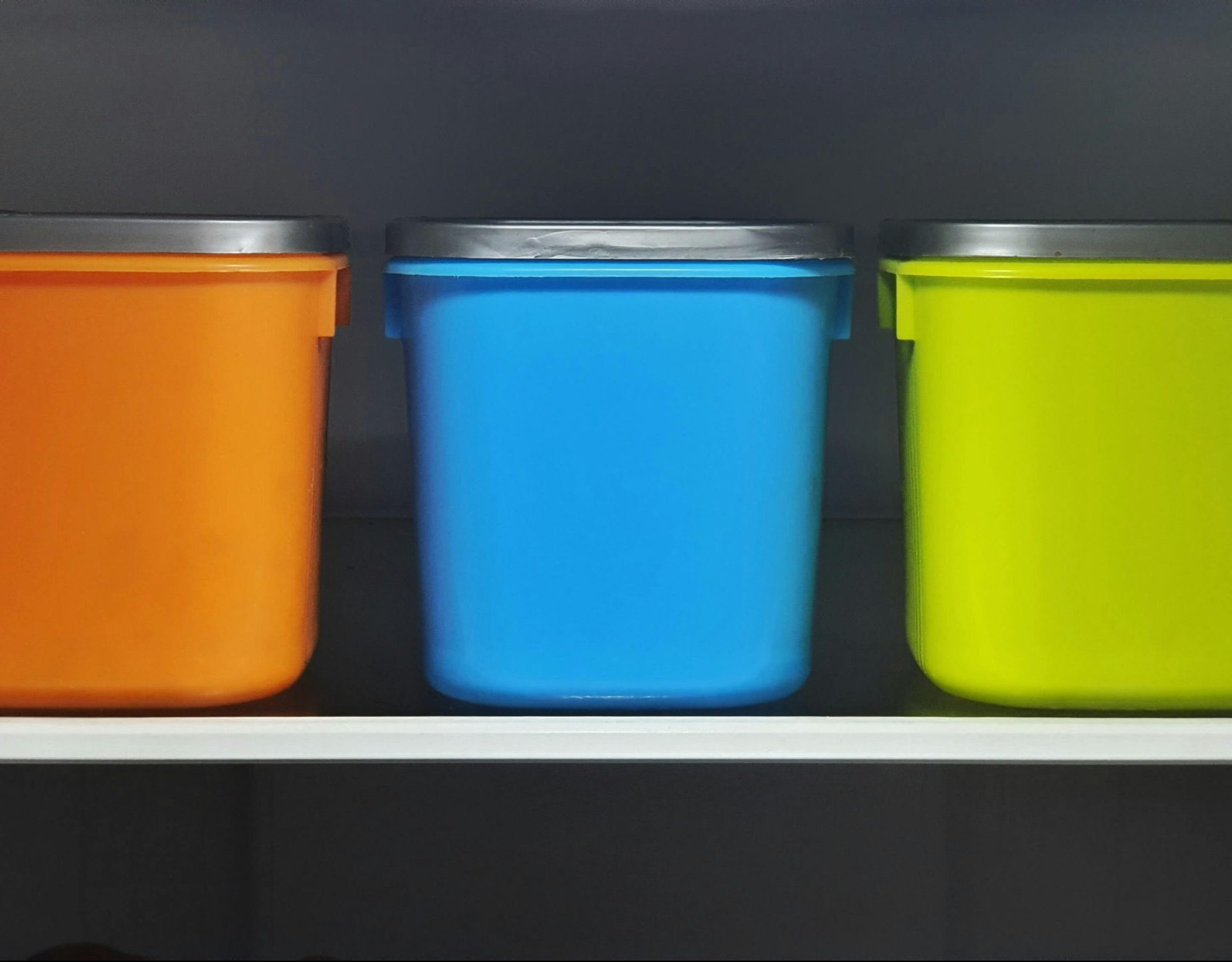
In a world increasingly aware of the environmental impact of human activity, sustainability has become a critical goal for consumers and manufacturers alike. Plastic products, often criticized for their environmental footprint, are actually playing a significant role in the pursuit of a greener planet. This blog explores how plastic, when used responsibly, can contribute positively to environmental sustainability.
The Misconception of Plastic
Plastic has long been the poster child for pollution, particularly in the form of single-use items that end up in landfills or oceans. However, this view overlooks the many eco-friendly initiatives within the plastic industry aimed at reducing waste and promoting recycling.
Durability and Longevity
One of the key benefits of plastic products is their durability. Unlike other materials that may degrade quickly, plastic items can last for years, reducing the need for frequent replacements and, consequently, the consumption of resources.
Recycling and Reusability
The plastic industry has made significant strides in recycling technologies, allowing for many plastic products to be reused. Recycled plastic can find new life in various forms, from construction materials to textile fibers, thus extending the material’s lifecycle and reducing the need for virgin plastic production.
Energy Efficiency in Production
Producing plastic products often requires less energy compared to other materials like glass or metal. This energy efficiency translates to a lower carbon footprint during the manufacturing process, contributing to a reduction in greenhouse gas emissions.
Innovation in Bioplastics
The development of bioplastics, made from renewable resources like corn starch, sugarcane, or algae, offers a promising future for the plastic industry. These biodegradable plastics decompose naturally, alleviating the issue of long-term waste.
The Role of Consumers
Consumers play a pivotal role in the sustainability of plastic products. By choosing recyclable and recycled plastic items, supporting companies with responsible manufacturing practices, and properly disposing of plastic waste, individuals can help ensure that plastics contribute positively to the environment.
Conclusion
The journey to a greener planet is complex and multifaceted. Plastic products, when produced, used, and disposed of responsibly, can be part of the solution. By embracing sustainable practices and supporting innovations in the plastic industry, we can all contribute to a healthier, more sustainable world.
Embracing sustainability is not just about choosing the right materials; it’s about rethinking our approach to consumption and waste. Plastic products have the potential to be a force for good in this global effort, but it requires a collective commitment to responsible use and innovative thinking. Let’s work together to make sustainability a reality.











